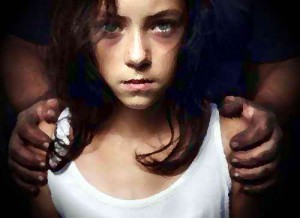 Background: Self-blame gives childhood sexual abuse (CSA) survivors a sense of control and understanding, but also instills a feeling of powerlessness, creates deficiencies in coping skills and emotion regulation, and leads to increased risk for sexual assault (SA) in adulthood (Finkelhor, 1985).
Background: Self-blame gives childhood sexual abuse (CSA) survivors a sense of control and understanding, but also instills a feeling of powerlessness, creates deficiencies in coping skills and emotion regulation, and leads to increased risk for sexual assault (SA) in adulthood (Finkelhor, 1985).
However, we don’t know how CSA survivors perceive adult SA, or whether survivors’ perceptions of SA perpetrators and victims differ from someone who has never faced abuse. The purpose of this study was to explore if, and how, CSA experience influences perceptions of adult SA.
Method: Of 179 undergraduate participants, 35% reported a CSA history. Participants read a vignette about an incident of SA re-victimization and completed questionnaires on demographics, sexual abuse, perception of the victim and perpetrator, self-esteem, assertiveness, and desirability. Results: We examined whether personal experiences of CSA mediated the relationship between their identification with the victim and attributions of blame and responsibility for a victim of adult sexual assault. Results showed significant mediation effects for victim credibility and perpetrator guilt.
Conclusion: Victims of CSA who identified with the victim in the vignette projected their feelings of selfblame; they found the victim less credible and the perpetrator less guilty. This inability to recognize that the fault of sexual abuse lies with the perpetrator highlights the extent that victims blame themselves and other victims for their abuse.
Author: Nicole Cantor
